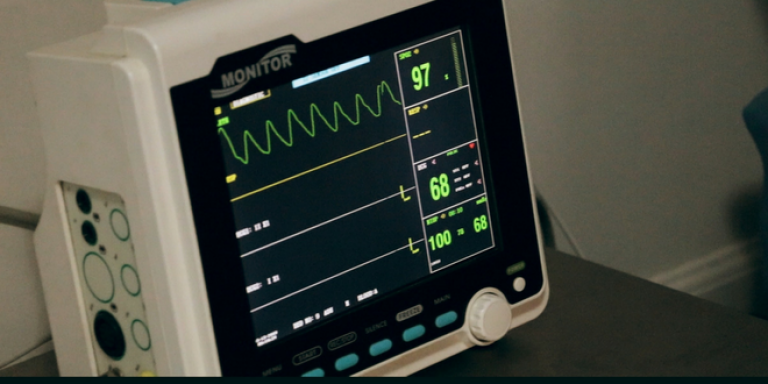Accessing healthcare: Where can I get help?
4 December 2020
In this article, we outline the number of different routes to go down when accessing healthcare here in the UK, depending on the urgency of the problem.

We've outlined below some of the main health care services in the UK, which we hope will help if you're an international student who is able to come onto campus in September, or even if you're a UK student who's not quite sure where to turn.
Accident & Emergency (A&E)
In some countries, hospitals are the main point of entry to the healthcare system. If this is the case for you, you might be tempted to go straight to a hospital no matter what the problem is, possibly to the Accident & Emergency (A&E) department. In the UK, however, A&E is only for genuine emergencies, such as:
- Breathing difficulties
- Severe bleeding that can’t be stopped
- Severe burns or allergic reactions
- Serious chest pain or possible heart attack
- Loss of consciousness
- Major injuries
- Overdoses
If you or someone else urgently needs to go to A&E, but can’t make it to the hospital without help, call 999 from any phone (free of charge) for an ambulance.
A&E departments are still available during the COVID-19 outbreak to anyone who needs urgent care, and hospitals have put in place measures to minimise any risk of infection, so please do still go to A&E if you need to.
Walk-in centres, minor injuries units, and urgent care centres
For conditions that can’t wait for a normal appointment, but aren’t strictly life-threatening, you can go to any of these three different types of health centre, which are usually run by nurses. Walk-in centres, minor injuries units, and urgent care centres can treat such problems as:
- Broken bones or sprains
- Wound infections
- Minor burns or injuries
- Insect or animal bites
Walk-in centres can treat a wider range of conditions than just those above, including:
- Rashes
- Fractures
- Vomiting or diarrhoea
- Injuries or cuts needing stitches
- Stomach aches or pain
They can also offer emergency contraception, blood pressure checks, support to help you stop smoking, and follow-up care for existing wound dressings.
Some walk-in centres, minor injuries units, and urgent care centres are based in hospitals, while others have their own separate premises. If you are going to a hospital, make sure that you don’t get confused with the A&E department, which isn’t appropriate for these kinds of non-emergency problems.
If you need immediate medical advice, or if you’re not sure whether to go to A&E, a walk-in centre or another service, call 111 from any phone (free of charge) to access the NHS non-emergency helpline. An operator will talk you through your symptoms and help to direct you to the appropriate health centre.
During the COVID-19 outbreak, arrangements at these health centres may be different from usual, so it's best to call ahead in advance or look online for the latest updates.
GP (general practitioner) surgeries
For all health-related matters that aren’t urgent, a doctor (GP) should be your first point of call.
Once you've started at UCL, if you've been able to come onto campus, you should register as soon as possible with a GP, as it will make accessing care much easier when you do need it. Once you’re registered, you can make an appointment to see a GP, and from there you can be referred to specialist services (normally in hospitals) if required.
EU students should take their European Health Insurance Card (EHIC) with them when accessing NHS healthcare.
Check out our page on registering with a doctor (GP) for more details, and remember that GPs are also the first point of contact for mental health support in the UK.
Pharmacies
In the UK, pharmacists are able to offer thorough medical advice, and can recommend treatment. They’re a good alternative to seeing your GP for minor problems like a cold, especially if you find it difficult to make an appointment.
If you’re an international or EU student and have any other questions about accessing healthcare in the UK, please get in contact with the International Student Support team.
 Close
Close

